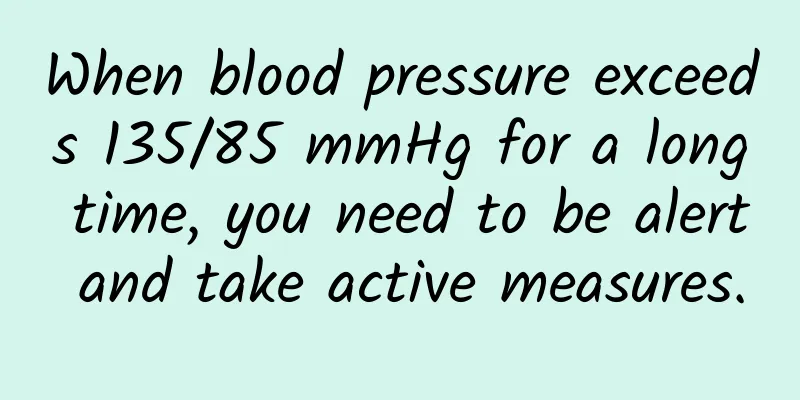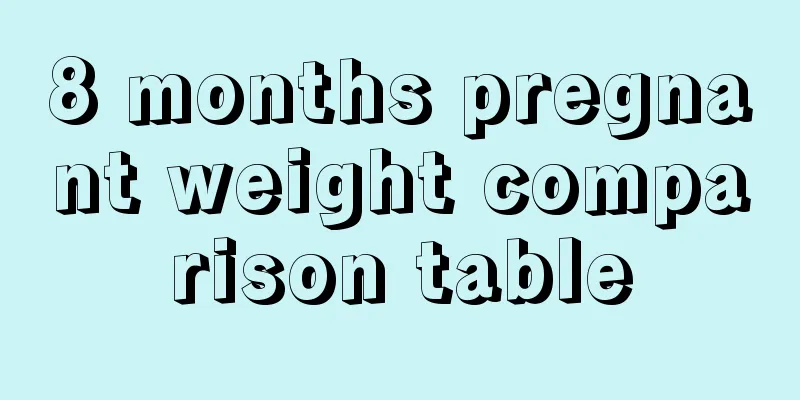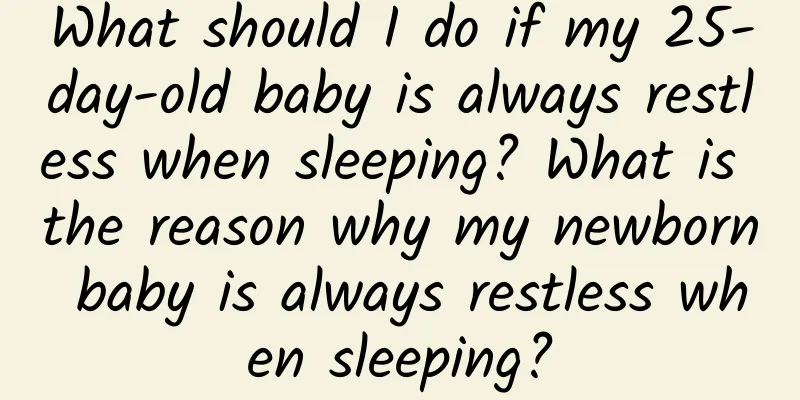When blood pressure exceeds 135/85 mmHg for a long time, you need to be alert and take active measures.

|
In cold weather, blood pressure often soars out of control, which is a serious threat to health. In a low-temperature environment, the body's peripheral blood vessels will automatically contract, just like water pipes become thinner when exposed to cold, which significantly increases the resistance to blood flow, leading to higher blood pressure. In cold seasons, people tend to eat high-calorie, high-fat foods, but their exercise volume is greatly reduced. This imbalance can easily increase the burden on the heart, which in turn drives up blood pressure. Residents aged 18 and above who measure their blood pressure at home for a long time above 135/85 mmHg should be alert and take active precautions. First, blood pressure monitoring should be strengthened, and blood pressure should be measured once in the morning and evening and recorded. Ensure 7 to 9 hours of sleep every night. Avoid staying up late and maintain a calm and optimistic attitude. Residents of any age group who have high blood pressure above 180/110 mmHg and experience severe headaches, vomiting, palpitations, blurred vision and other symptoms will face serious threats to their lives. At this time, sit or lie down quietly. Avoid activities. If you have antihypertensive drugs, take them first. At the same time, call the emergency number and go to the hospital for emergency treatment immediately. In the cold air, in order to prevent a surge in blood pressure, keep warm when going out. You can wrap a scarf around your neck, and wear thick socks and shoes with good thermal insulation performance. The elderly can wear a hat with strong thermal insulation, the thickness of which should be appropriate to effectively block the cold wind to reduce the stimulation of cold. In terms of diet, a low-salt diet should be adopted, and the salt intake per day should be controlled to the amount of a beer cap. Increase the intake of fresh vegetables to ensure balanced nutrition. In terms of exercise, it is more appropriate for healthy adults to exercise for 150 minutes per week, such as brisk walking, jogging, Tai Chi, indoor swimming and other sports, and each exercise time should be controlled within 30 minutes to 60 minutes. You can choose to exercise between 10 am and 4 pm every day, and avoid going out for exercise in the cold early morning. For those with poor blood pressure control or the elderly aged 65 to 79, it is appropriate to adjust the intensity and time of exercise according to their own situation, so as not to feel tired. □ Zhu Xiuruo, deputy chief nurse of the Department of Cardiovascular Medicine, Wenzhou People's Hospital |
>>: Beware of the "odor bomb" on the table! Use chemical knowledge to "decode" dishes
Recommend
Menstrual blood is as thin as water
By observing menstrual blood, female friends can ...
How many months of pregnancy is it best to check for hemolysis
If you are not pregnant or working in the medical...
The harm of hot compress on women's abdomen
Hot compress is a common physical therapy method,...
What should I do if I have severe back pain in two months of pregnancy?
During pregnancy, pregnant women will experience ...
What kind of milk powder is good for women?
Milk powder is not just for babies. In fact, many...
Does eating black beans delay ovulation?
Black beans are a very common grain in our daily ...
When should infertility antibodies be tested?
In modern life, people's fertility has shown ...
How long after giving birth can you eat meat?
Because women consume a lot of physical energy af...
Is breast ultrasound accurate during lactation?
During breastfeeding, women need to breastfeed, s...
Uterine fibroids 12cm pregnant
Uterine fibroids are a common malignant tumor. Th...
Can women with pyelonephritis have sex?
There are a large number of bacteria in the human...
Causes of bleeding during 40 days of pregnancy
Getting married and having children are major eve...
What does prenatal glucose tolerance test check?
One of the things that pregnant mothers are most ...
Which one is more suitable for babies, a walker or a walking belt? Why can't we use a walker?
Walking is a necessary step for every baby's ...









